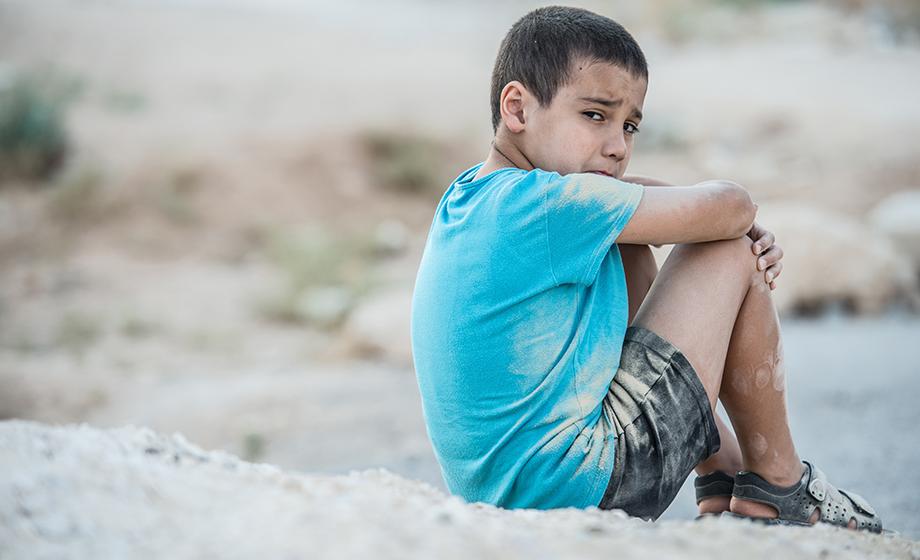Strassler Center to host academic symposium on children and mass violence

The Clark University Strassler Center for Holocaust and Genocide Studies will host an academic symposium, “Children and Mass Violence,” Oct. 19 and 20. Experts at the symposium will explore the traumatic impact of mass violence on the most vulnerable segment of society — children and youth.

The conference will open with a free, public keynote lecture, “Stories from Syria’s Children: Growing Up in the Age of Genocide and Displacement,” by Lina Sergie Attar, at 7 p.m. Thursday, Oct. 19, in the Higgins Lounge at Dana Commons.
Attar is the co-founder and CEO of Karam Foundation, a non-profit organization on a mission to build a better future for Syria. Her personal talk about the Syrian humanitarian crisis and its devastating toll on children will describe living through the deep layers of unimaginable loss when conflict hits home and explores innovative and meaningful ways to nurture hope in a time of despair.
“The modern history of human rights is closely linked to the genocides of the 20th century,” writes Mary Jane Rein, executive director of the Strassler Center. “Expanding human rights education will strengthen knowledge about individual genocides and will provide a theoretical framework that deepens appreciation for similarities and differences. Such an approach offers the best hope for understanding possible strategies for prevention, steps toward intervention, and insights into promoting democracy and justice in the aftermath of violence.”
Beginning at 9 a.m. Friday, Oct. 20, Thomas Kühne, Professor of History and Strassler Chair in the Study of Holocaust History and the Director of the Strassler Center, will present welcoming remarks in the Higgins Lounge of Dana Commons. Talks by esteemed experts will follow, continuing to 6 p.m. Program details are available online.
The symposium is open to the public by reservation. Please contact Robyn Conroy at rconroy@clarku.edu.
Conference sponsors include the Friends of the Robert Aram and Marianne Kaloosdian and Stephen and Marian Mugar Professor in Armenian Genocide Studies, Alan Edelman and Debbie Sosland-Edelman, and Fran Snyder and David Voremberg ’72.
Center faculty and students foster important scholarship and germinate significant ideas as conveners of a robust series of international symposia, workshops, and conferences that broaden the boundaries of genocide studies by introducing less known cases and novel approaches, Rein said. The Center will continue to organize events that bring attention to fresh issues that genocide scholars hope to confront including imperatives to address slavery and Indian genocide in the Americas, and mass violence and ethnic cleansing in the context of colonization and the collapse of empire.


